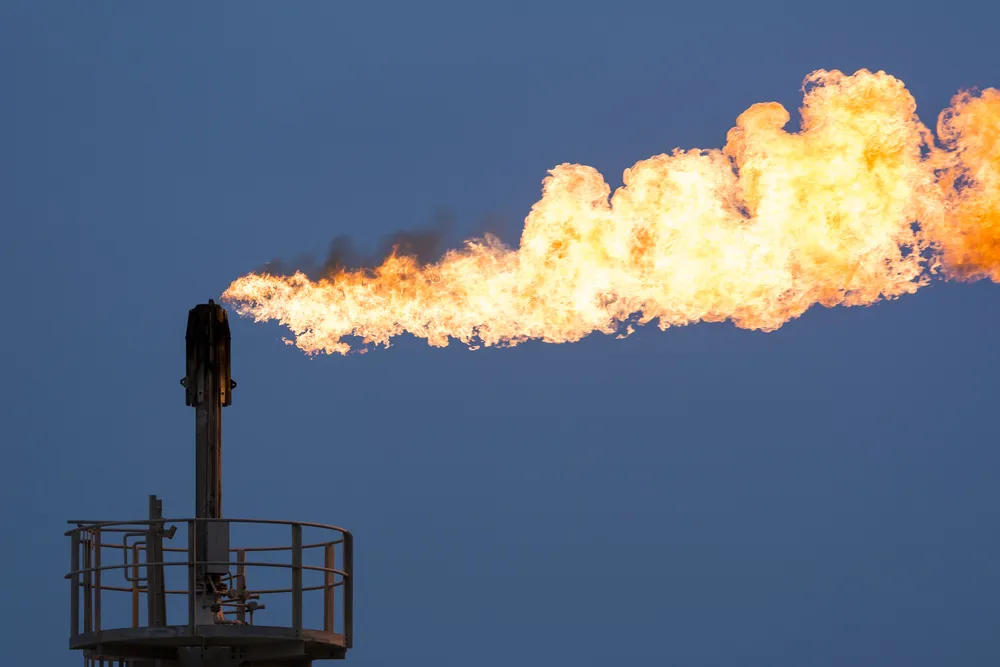Introduction:
Oil and gas are among the world’s most crucial resources, playing a vital role in the global economy. The sector involves intricate and capital-intensive processes including exploration, production, refining, and distribution, all of which rely on advanced technology.
This Global Petroleum Management in Oil and Gas course aims to equip participants with essential knowledge in oil and gas production technologies, petroleum chemistry, refining processes, and the global oil and gas market. It incorporates best practices and key aspects of the international oil and gas value chain.
For those interested in understanding the complexities of oil and gas management within a global context, this course provides valuable insights and practical knowledge.
Objectives:
By the end of this Global Petroleum Management in Oil and Gas course, participants will be able to:
- Understand the organization and efficiency issues in operational management within the oil and gas and energy sectors.
- Identify and utilize emerging technologies such as seismic methods, logging, horizontal drilling, fracking, and gas-to-liquid (GTL) technologies.
- Differentiate between various renewable energy sources including solar, wind, wave, hydropower, geothermal, and nuclear energy, and analyze their cost implications.
- Recognize the advantages of integrating refinery and petrochemical businesses.
- Analyze the organizational structure and processes within the oil and gas industry.
Training Methodology:
- Interactive Lectures
- Case Studies
- Hands-on Simulations
- Group Discussions
- Workshops
- Problem-solving Exercises
Course Outline:
Unit 1: Sources, Origin, and Nature of Petroleum and Their Development Organizations
- Industry Context
- Chemistry of Transformative Energy Sources
- Geological Sources of Hydrocarbons
- Basic Petroleum Geology: Theoretical and Practical Aspects
- Petroleum Exploration Methods and Operations
Unit 2: Evaluation of Wells and Drilling Operations and Management of Reservoirs
- Well Classifications
- Well Evaluation
- Drilling Process: Operations on Wellbore
- Well Completion and Well Workover
- Estimation of Oil & Gas Reserves
- Volumetric Calculation of In-Place Original Oil & Gas Hydrocarbons
- Oil Reservoir Depletion and Production Methods
- Lens Assumptions of Wells Declining Curve Analysis
Unit 3: Conventional and Unconventional Production
- Unconventional Hydrocarbon Resources
- Recovery of Shale Oil and Gas, Tight Gas, and Heavy Oil
- Methods of Oil Production: Primary, Secondary, & Tertiary
- Enhanced Oil Recovery (EOR) Techniques
- Reservoir Management for Optimizing Ultimate Oil Recovery
Unit 4: New Oil and Gas Field Development and Associated Economic Evaluation
- Decision Yardsticks
- Petroleum Management and Net Present Value (NPV)
- Internal Rate of Return (IRR)
- Profitability Index
- Unit Tech Cost
- Economic Limit
Unit 5: Oil and Gas Contracts and Joint Ventures
- Importance of Collaboration Between NOCs and IOCs
- Oil and Gas Contracts: Types and Classes
- Concession Agreements
- Production Sharing Agreements/Contracts (PSA/PSC)
- Technical Service Contracts/Agreements (TSA)
- Joint Venture and Service Agreements
Unit 6: Petroleum Fiscal Regimes
- Overview and Comparison of Fiscal Regimes
- Auction Theory and Techniques
- Fiscal Structures and Accounting Aspects
- Revenue and Profit Distribution
- Concession, Royalties, Corporate Profits Tax
- State Ownership Stake
- Bonuses for Production Levels and Lease Bids
Unit 7: The Chemistry of Petroleum and Refining Processes
- Crude and Product Quality
- Simple Operations in Crude Oil Refining
- Classification of Crude Oil and Fractions
- Refinery Products and Processes
- Refinery Configurations: Separation, Conversion, Treating
- Refining Complexity
- Pipelines, Storage, Treatment, and Blending
Unit 8: Refining Economics and Environmental Aspects
- Economics of the Refinery Industry
- Chemical Business Mergers and Benefits
- Global Oil Production and Trade Patterns
- Gross Product Worth (GPW) and Refining Economics
- Transportation Services
- Netback, Margin, and Refining Costs
- Environmental Factors
Unit 9: The Business of Exporting and Importing Oil and Gas
- Organisation of the Petroleum Exporting Countries (OPEC)
- International Energy Agency (IEA)
- Oil Market Price Mechanisms
- Transportation Logistics: Pipelines, Terminals, Storage
- Tanker Transport of Crude Oil
- Major Pipelines, Terminals, and Refineries
- Logistical Requirements and Challenges
Unit 10: Pricing, Trading, Markets, and Risk Management
- Oil Futures Price Indexes
- Crude Oil Price Indexes
- Oil Exchanges and Financial Derivatives
- Hedging and Risk Management Strategies
Conclusion:
This International Petroleum Management course provides a comprehensive understanding of the complexities within the oil and gas industry. Participants will gain valuable knowledge and skills necessary for effective management and strategic decision-making in a global context. This course is ideal for those seeking to enhance their expertise and position themselves within the international petroleum sector.


















